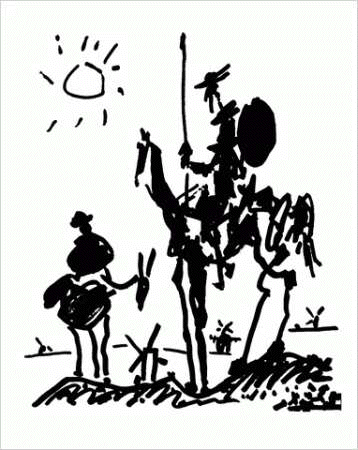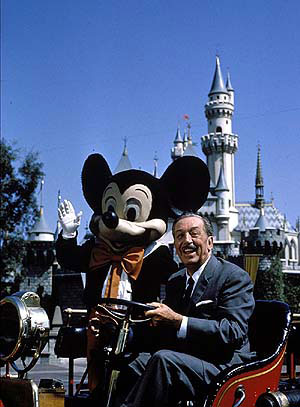 Happy New Year from the WhiteEyebrows Blog!!! Isn’t it a great thing to take a moment in time to look both back and forward; back at the year we left and forward to the excitement yet to come.
Happy New Year from the WhiteEyebrows Blog!!! Isn’t it a great thing to take a moment in time to look both back and forward; back at the year we left and forward to the excitement yet to come.
Recently, during my holiday break, the course of conversation led a family member and I to start contrasting the way in which we fundamentally view life and people. He expressed to me how he typically distrusts everyone and everything, and how everyone is out to “screw him,” as he said.
It made me, for once, sit back and think about how I fundamentally approach life and people. I discovered in that moment that I have a pretty unique (but crazy) world view. I think most people out there live their lives pretty cautiously, like my brother, hoping for the best but assuming the worst of everyone and everything.
I seem to relate more with Cervantes’ Don Quixote. I have never read the book, but I thoroughly enjoy the musical Man of La Mancha, which is roughly based on the book. (So for all you Cervantes scholars out there, you’ll have to forgive me as I butcher these concepts to my own ends here today.)
In the musical, Don Quixote is a (debatably) crazy man who thinks he is a knight sent “to sally forth into the world righting all wrongs.” He gets his kicks by fighting windmills (literally).
In the course of events, he comes across the whore (hmm… not the PC term i was looking for…) Aldonza, who he renames Dulcinea, the most beautiful virgin in all the land. (a designation most of her ..ahem.. customers find quite humorous) He insists on protecting the virtue and chastity of this woman, much to her annoyance.
So, I kind of relate with Don Quixote. I’m a basically optimistic person, who doesn’t just hope good things will happen in my life, I expect them to. I expect the best from every person. I sometimes look past the glaring imperfections in others (and myself) choosing to only see what I want to see, and not necessarily what is there in reality.
By the end of the movie, Quixote, having been confronted with reality and seeing life for what it really is, becomes old, frail and weak. Before he dies, though, surrounded by his friends, he sings the most beautiful song “The Impossible Dream.” In that cathartic moment, we realize that in the course of his lunacy, he had changed the life of everyone around him. They had actually become the good people he projected onto them. Then he dies.
2007 was a doozie of a year for me. Honestly, I weathered some of my most challenging trials ever in this year. I can’t say it was a bad year though. Even though some of my Quixotian lunacy was brought abruptly down to reality, I can’t say that I’ve given up on the Impossible Dream yet. In fact, as I move into a new year, I am more ready that ever pursue that Impossible Dream.
So the question is, what is The Impossible Dream? To me, it is the expectation that everything will work out in the end, and if it hasn’t worked out yet, it’s not the end yet. It is expecting the best of each other that I mentioned earlier. I think it’s also making a difference in the life of someone else. That is the real impossible dream, that because of my life, someone else’s life can be changed. That even after my life is over, I will live on in the minds and lives of those I have touched.
So my New Year’s Resolution: to dream the Impossible Dream. No biggie.
What are yours?
